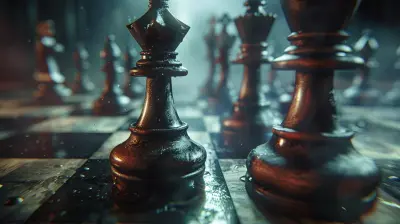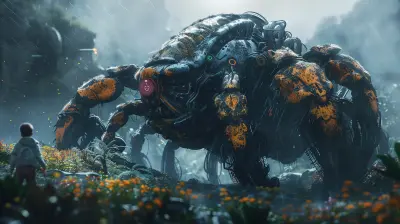Why Team-Based Multiplayer Remains a Fan Favorite Format
23 May 2025
Ding-ding-ding! That’s the sound of yet another lobby filling up, players picking their classes, and someone yelling, “No, Tim, we don’t need five snipers!” Team-based multiplayer games, huh? They’ve been around for decades, yet they’re still the life of the party when it comes to gaming. But why? What is it about working with a squad (or, let’s be real, sometimes yelling at your squad) that keeps us coming back for more? Grab your headset, mute that one overly enthusiastic teammate, and let’s dive right in. 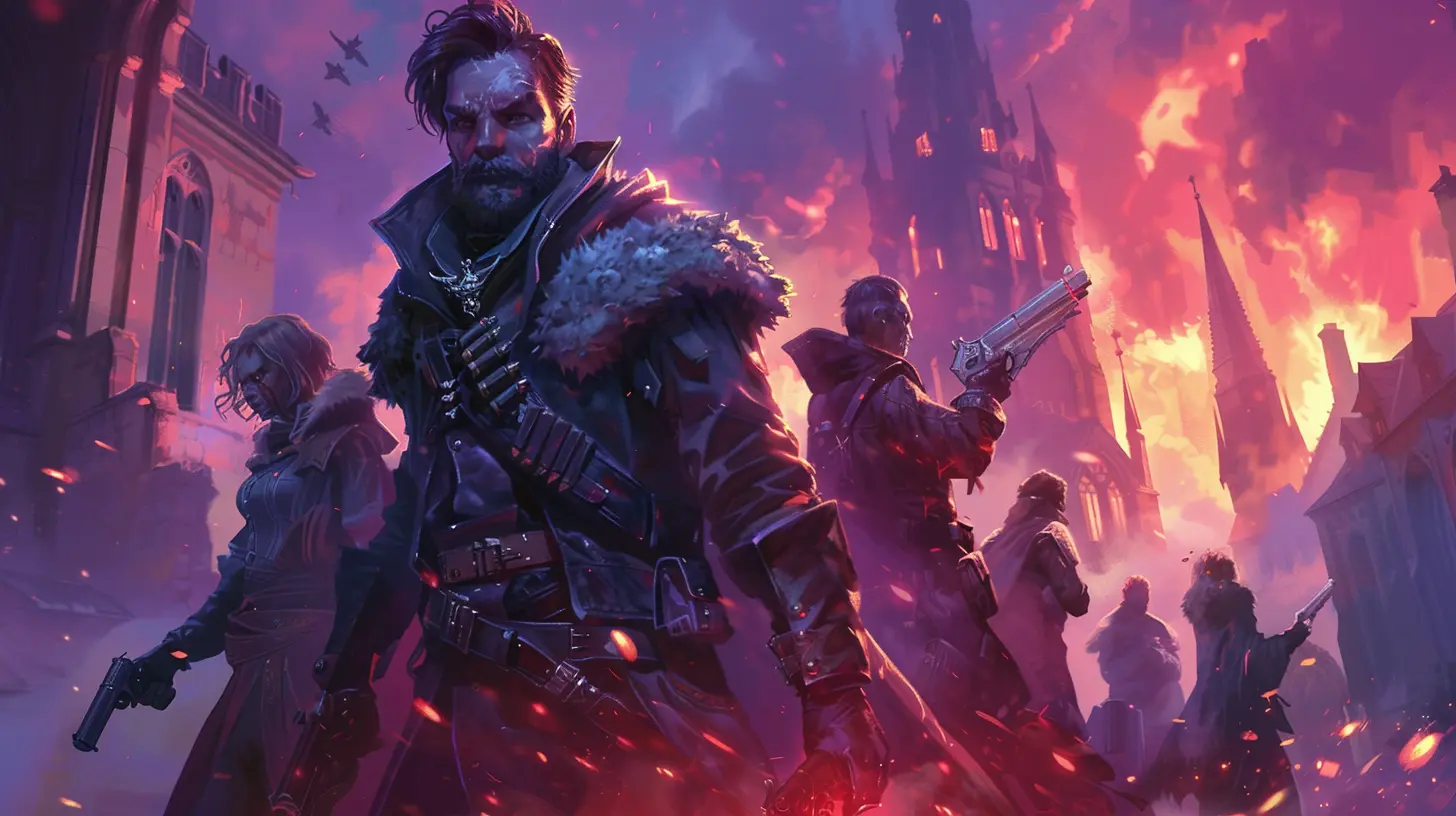
The Allure of Teamwork: "Together, We Rise!"
Let’s be honest here—something’s exhilarating about knowing you’re part of a bigger picture. Like Voltron or a perfectly executed wedding flash mob, team-based multiplayer thrives on the magic of collaboration. The format forces you to work together to win, whether you're capturing a point, delivering a payload, or just trying to survive the chaos.And yeah, sometimes "working together" means getting carried by that one super-talented player, but hey, isn’t that teamwork too?
Team-based games scratch that social itch. Whether you’re coordinating strategies with friends, yelling at strangers, or strategically using the group chat to beg for heals, it’s all part of the fun. At the heart of it lies that one universal truth: everything’s better when shared. Even digital carnage.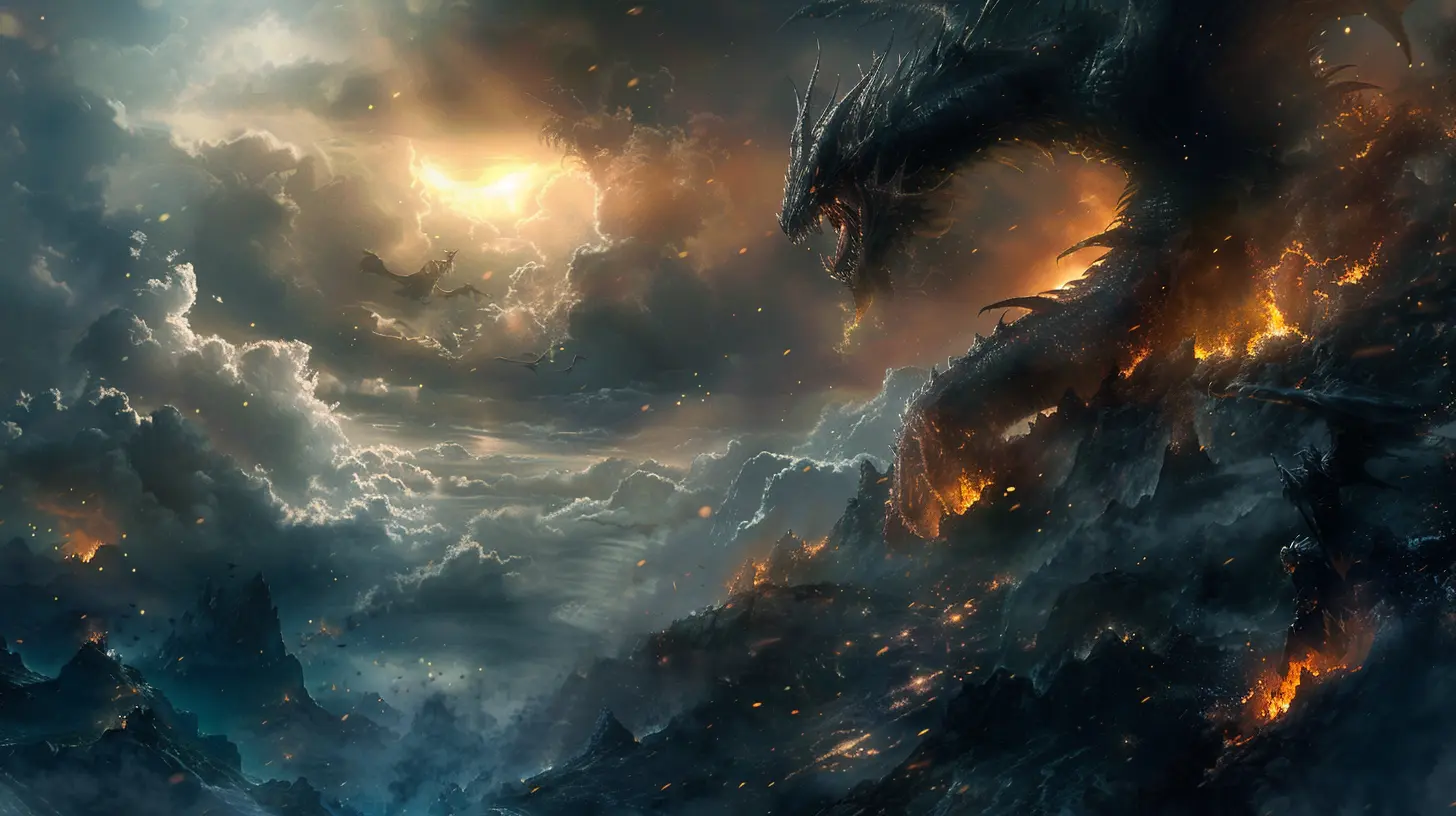
The Thrill of Roles: Be the Hero You Were Born to Be
What’s cooler than playing a game where every player has a specific role? Suddenly, everyone matters. You’ve got tanks soaking up damage like a sponge, snipers channeling their inner Legolas, and supports keeping everyone alive with the patience of a saint.Picking a role feels empowering. It’s like being cast in the ultimate heist movie. Whether you’re the brains, the brawn, or the wildcard, every role has a purpose. You may not get the glory every single time (looking at you, healers), but when your team wins because of your clutch plays, it’s a fist-pump-worthy moment.
But hey, let’s not sugarcoat it—there’s always that one guy who thinks “teamwork” means doing whatever they want. If you’ve ever been in a match with someone playing Widowmaker in capture-the-point mode, you know exactly what I mean. 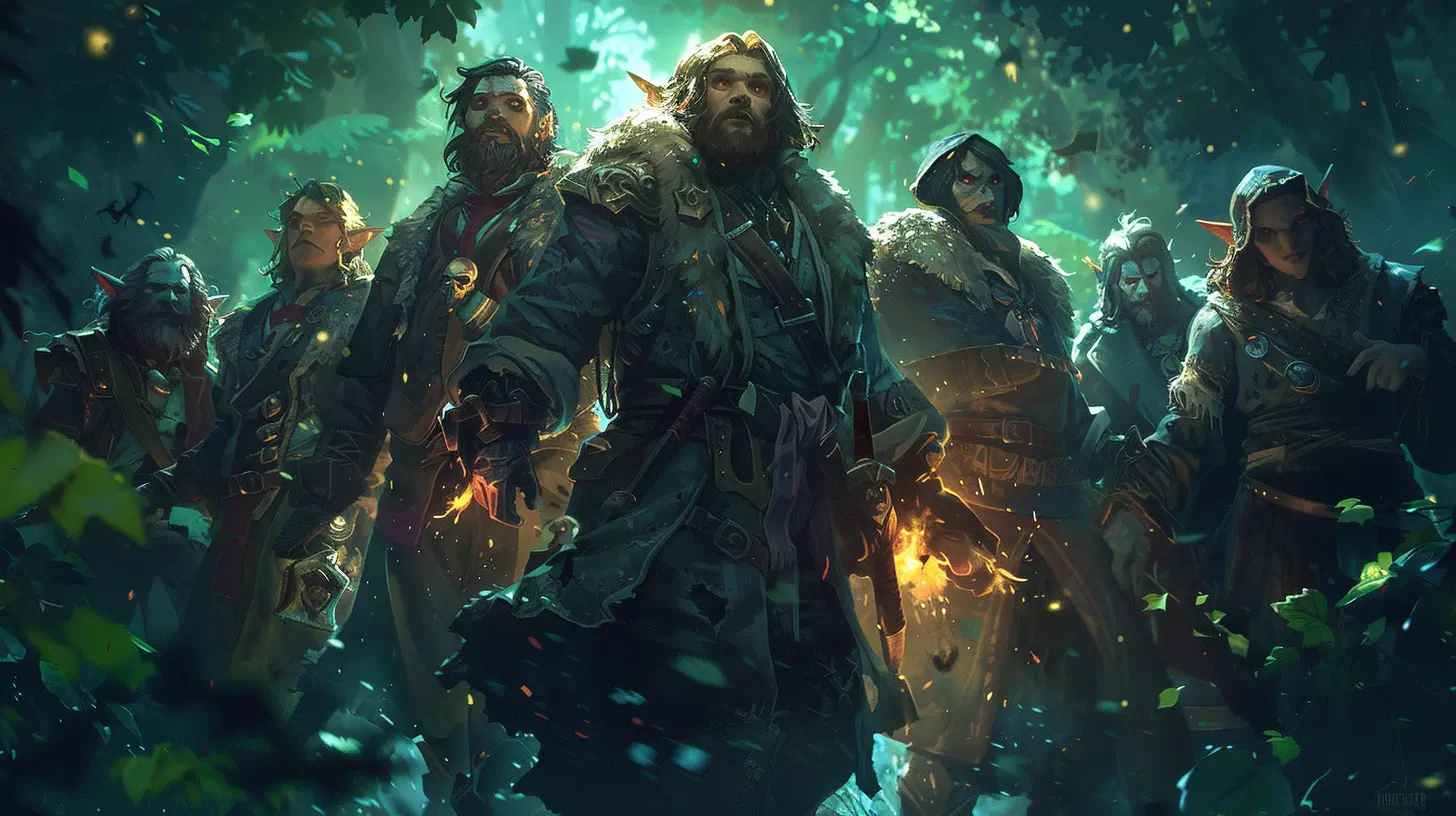
Communication Shenanigans: From LOLs to Strat Calls
Ah, communication—the backbone of team-based multiplayer and the source of roughly 90% of its chaos. One moment you're coordinating like seasoned professionals; the next, someone’s arguing about pizza toppings mid-match.Voice chat, though, is where the magic happens. It’s the virtual equivalent of a war room mixed with a stand-up comedy show. You have the strategist (“Okay, flank left, then rush”), the hype man (“Let’s gooOOooOO!!!”), and the guy who forgot to mute his mic while eating chips.
Even if you’re not using voice chat, the in-game pings and emojis have evolved into their own form of tactical brilliance. A well-timed “Thanks!” or an aggressive “Group up!” button mash somehow communicates everything.
But when it all clicks? When everyone’s on the same page, calling out targets, syncing their moves, and pulling off that last-second play to win the match? That’s chef’s kiss territory. 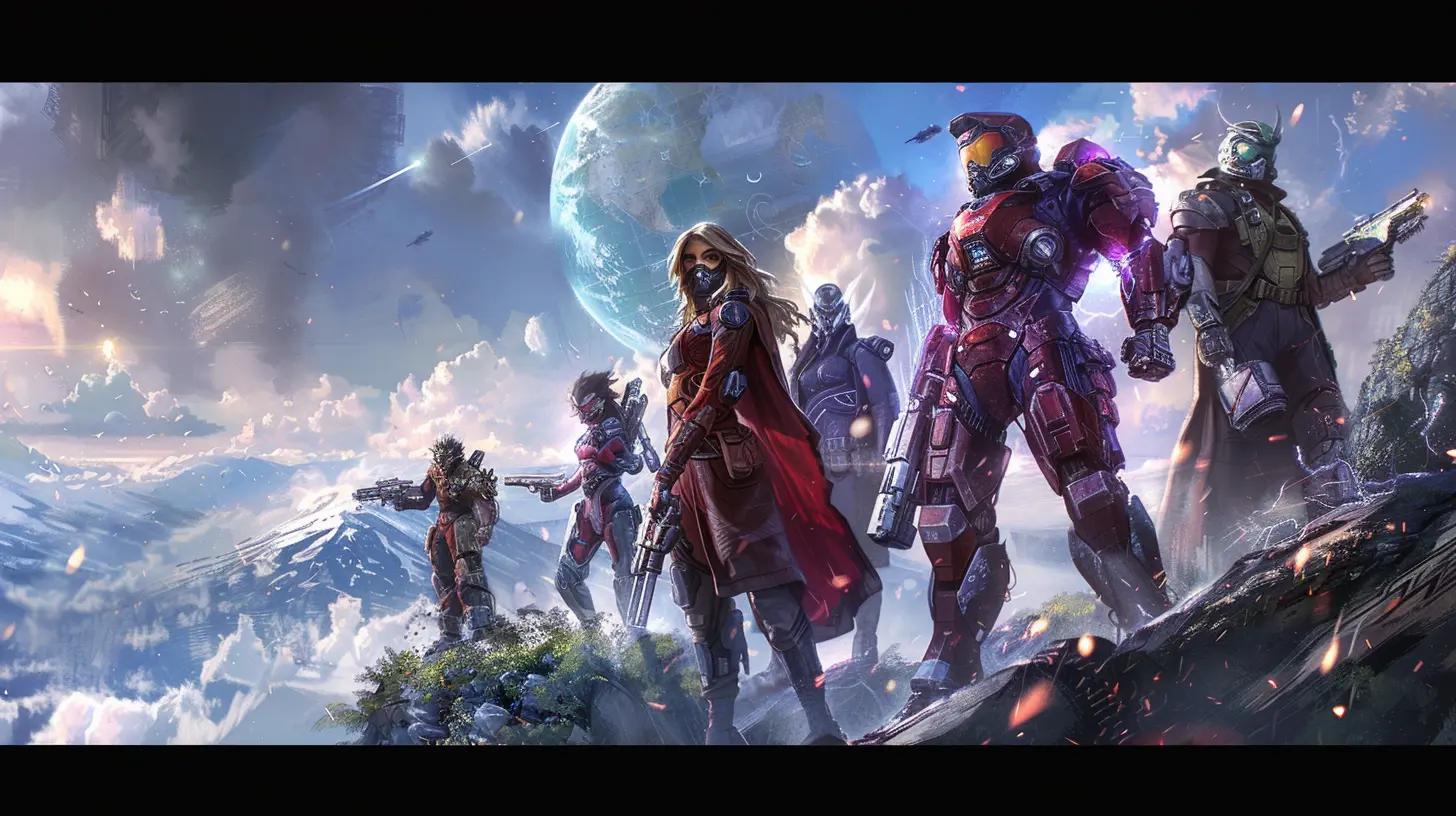
The Replayability Hook: No Two Matches the Same
Here’s the thing: team-based multiplayer games are like snowflakes. No two matches are identical. One game, you’re dominating the leaderboard with your squad nailing every objective. The next? You’re wondering if anyone on your team knows what the objective even is.It’s that unpredictability that keeps the format fresh. One match can be an epic comeback story; the next could be a comedy of errors. Between different game modes, unique players, and evolving strategies, every session feels like a brand-new adventure (or misadventure).
Plus, let’s talk updates. Developers know we’re hooked, so they keep dropping new maps, game modes, and playable characters like they’re Beyoncé dropping surprise albums. Just when we think we’re done, there’s always something shiny and new to pull us back in.
The "Sweaty vs. Silly" Balance
Team-based multiplayer also masters the fine art of balance. Want to go full-on sweat mode, grinding ranked matches and rising through the ranks like a digital Rocky Balboa? Go for it. Just don’t forget to hydrate.Or maybe you’re more about the memes and mayhem—throwing matches for fun, playing silly custom modes, or testing out ridiculous strategies. A team of all-healers? Why not? It’s a game, not a tax audit.
This flexibility makes the format appealing to casual players and hardcore gamers alike. Whether you’re rocking a bronze tier or living in Grandmaster glory, there’s always a way to play your way.
The Sweet, Sweet Taste of Victory (or Defeat, Sometimes)
There’s something uniquely satisfying about a team-based win. It’s not just you popping off—it’s everyone working together to achieve the goal. Whether it’s a coordinated rush to capture the final point or an epic defense during overtime, those moments stick with you.And yes, losing can sting, especially when you were this close. But even defeat can come with its own hilarious moments. Maybe your team accidentally sabotaged itself, or maybe you all collectively forgot the objective while chasing kills (we’ve all been there). Either way, it’s rarely boring.
Nostalgia and the Warm Fuzzies of Gaming History
This may come as a shocker to some, but team-based multiplayer has been around longer than TikTok trends last. From classics like "Team Fortress 2" and "Counter-Strike" to modern-day giants like "Overwatch" and "Valorant," these games have a special place in the collective heart of the gaming world.They’re more than just games—they’re cultural phenomena. Who doesn’t have memories of late-night LAN parties, arguments over who gets to play which role, or laughing so hard at a ridiculous in-game moment you nearly fell out of your chair?
These games remind us why we fell in love with gaming in the first place: the fun, the camaraderie, and, occasionally, the chaos.
Why It’s Not Going Anywhere
Let’s face it—team-based multiplayer games are like that one friend who always crashes the party but somehow becomes the life of it. As long as there are gamers, there will be people who crave the thrill of team dynamics, that rush of shared victory, and yes, the good-natured chaos.With advances in technology (VR team shooters, anyone?) and ever-growing communities, this format isn’t just surviving—it’s thriving. These games are a testament to how much humans love working (and occasionally failing) together.
So next time you queue up for a match and find yourself yelling “Cover me!” or “I need healing!” remember: you’re not just playing a game. You’re part of a tradition. A glorious, sometimes messy, tradition.
all images in this post were generated using AI tools
Category:
Multiplayer GamesAuthor:

Lucy Ross
Discussion
rate this article
3 comments
Zealot Thompson
Team-based multiplayer brings people together, sparking joy and camaraderie. Game on and enjoy the fun! 🎮✨
June 2, 2025 at 4:31 AM

Lucy Ross
Absolutely! Team-based multiplayer truly enhances social connections and fosters a sense of community among players. Game on! 🎉
Capri McTier
Great insights! Team-based multiplayer truly brings players together for unforgettable experiences!
June 1, 2025 at 3:18 PM

Lucy Ross
Thank you! I'm glad you enjoyed the insights. Team-based multiplayer truly fosters connection and collaboration among players.
Nellie Pratt
Team-based multiplayer isn’t just a format; it’s a revolution. The thrill of collaboration, strategic gameplay, and shared victories creates unforgettable experiences. It’s why gamers keep coming back for more.
May 24, 2025 at 4:56 AM

Lucy Ross
Absolutely! Team-based multiplayer fosters camaraderie and strategic depth, making every victory feel earned and memorable, which keeps players engaged and returning for more.
